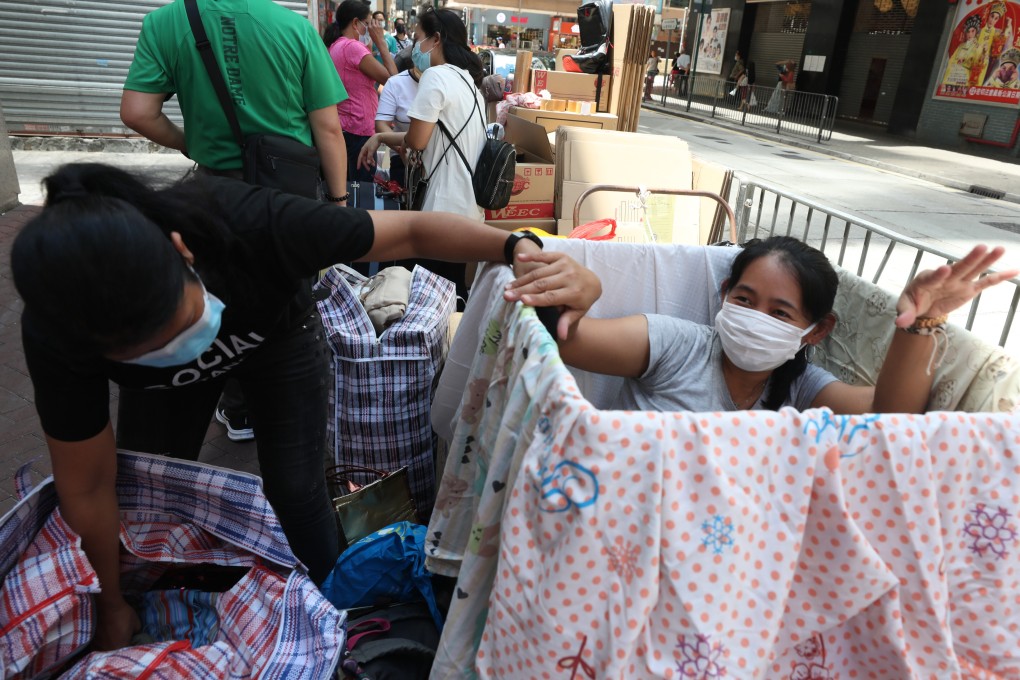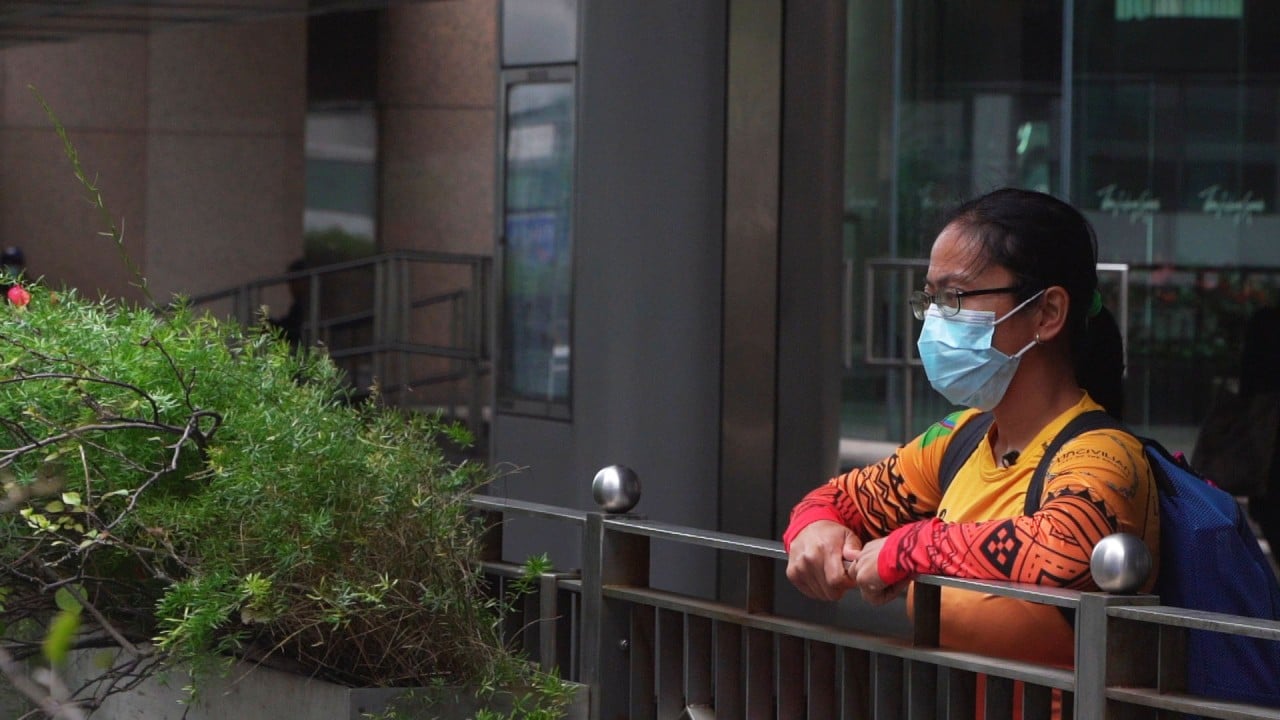Advertisement
Opinion | More than gratitude, Hong Kong’s foreign domestic workers are due respect
- International Domestic Workers’ Day is an opportune time to remind ourselves of their immense contribution to our city and its economy
- Domestic helpers should enjoy the same protections as other employees under law, but in reality are often the targets of discrimination, enduring working conditions that would be unacceptable to others
Reading Time:3 minutes
Why you can trust SCMP
21

Today is International Domestic Workers’ Day. The International Labour Organization (ILO) adopted ILO Convention 189 on decent work for domestic workers in 2011, and June 16 marks the 10th anniversary of this convention.
Advertisement
It is an opportune time for us to show our gratitude to the foreign domestic workers for their immense contribution towards the well-being and prosperity of Hong Kong. The more than 370,000 migrant domestic workers here contribute to Hong Kong directly and indirectly.
An estimate in a 2019 report by global information services firm Experian, in partnership with the charity Enrich, put their contribution to the city’s economy at HK$98.9 billion (US$12.7 billion), or 3.6 per cent of local GDP. It also inferred that only 49 per cent of Hong Kong’s mothers aged 25 to 54 could participate in the labour market if they did not employ migrant domestic helpers, compared to 78 per cent if they did.
This is also a good time to remind ourselves of the working conditions to which these migrant workers are entitled. Domestic workers are employees, just like everyone else with a job. The law recognises this, with the Employment Ordinance and labour laws being fully applicable to foreign domestic workers and their employers.
By extension, their workplace is someone’s home. Just as certain norms – such as privacy, defined working hours and time off – dictate the treatment of office staff, for example, the same norms must apply to those working in a home. Further, employers in any workplace bear responsibility for their employees, and it is no different with domestic work. It is the employer’s responsibility to ensure the well-being of their domestic worker.
Advertisement
Being away from family and loved ones is a sacrifice they make to have better prospects. Many are mothers who leave behind their young children. This can take a toll on their emotional well-being, especially now when travel is restricted. While most employers in Hong Kong are mindful of their obligations, the question is whether more needs to be done for these workers.

Advertisement

